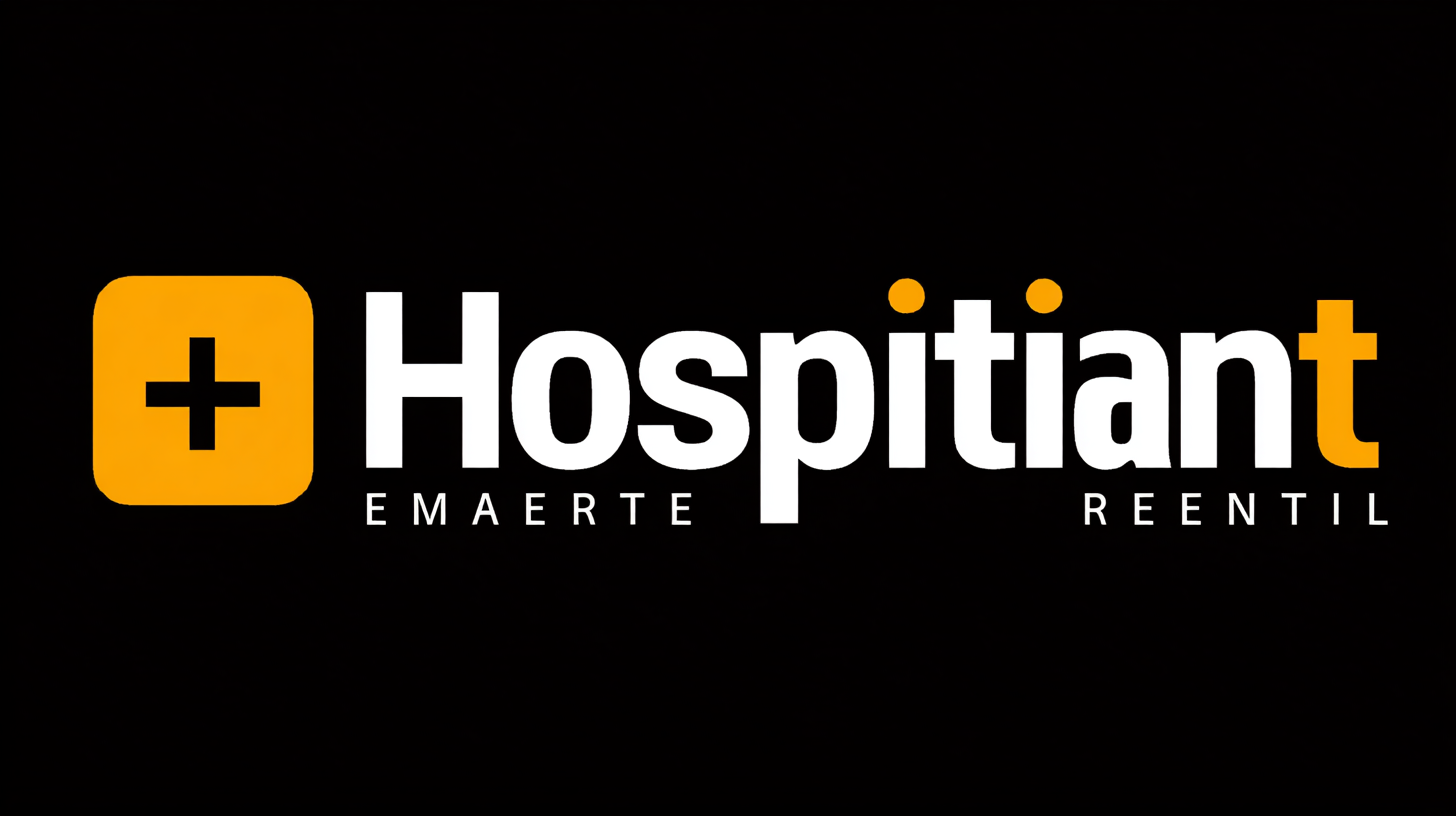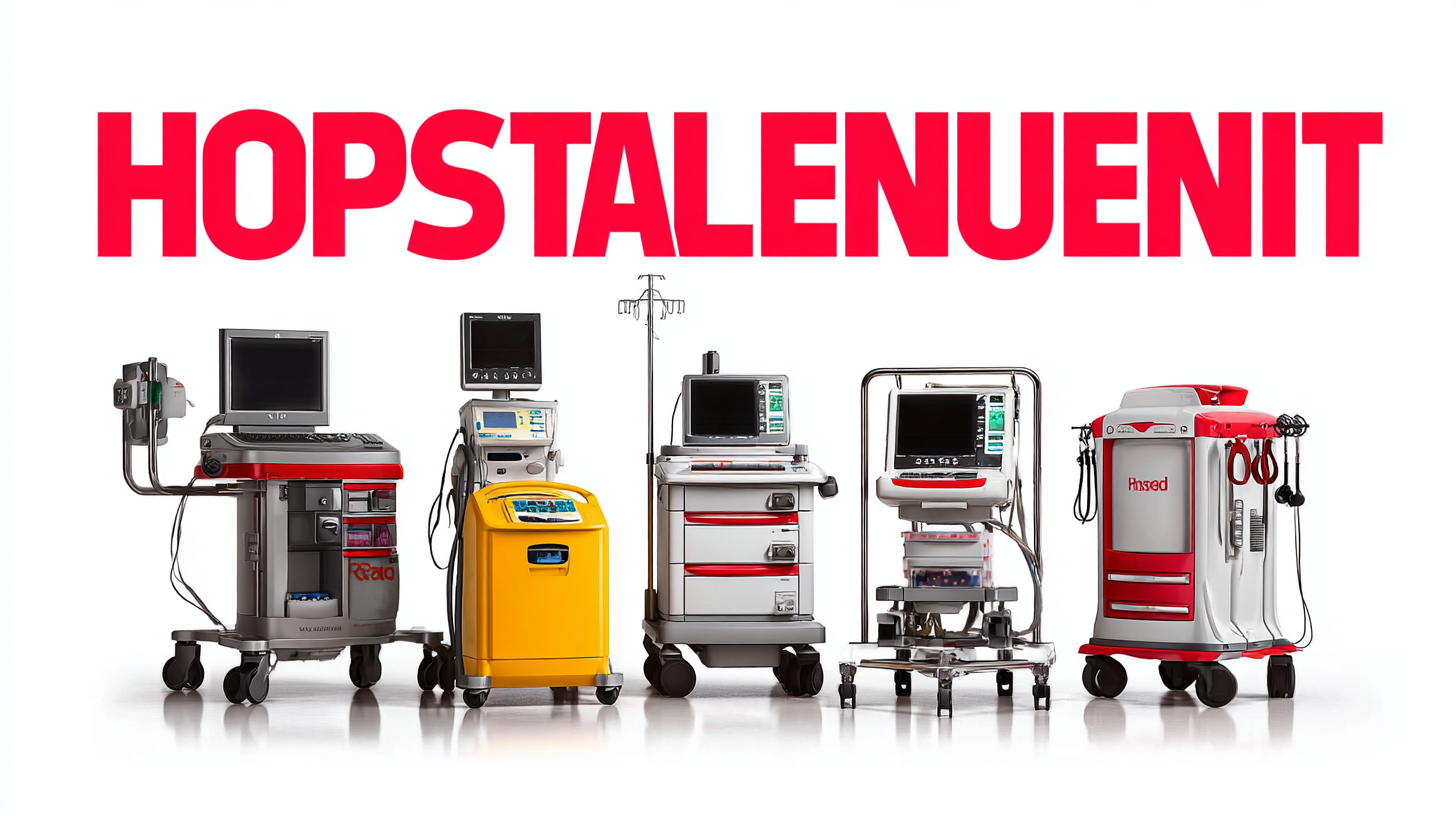Click here to browse our On The Mend Portfolio!
Mastering the Art of Hospital Equipment Rental with Key Insights and Strategies for Global Buyers
The landscape of healthcare is evolving rapidly, with the global hospital equipment rental market projected to reach a value of $XXX billion by 2025, reflecting a significant shift towards operational efficiency and cost-effectiveness. As hospitals worldwide face budget constraints and the need for advanced technologies, the adoption of hospital equipment rental is gaining momentum. This strategy not only mitigates the financial burden associated with purchasing high-cost medical devices, but also enhances flexibility in responding to fluctuating patient demands. According to a recent report by Industry Research Firm, approximately XX% of healthcare facilities have incorporated rental options into their procurement strategies, underscoring the growing importance of mastering the intricacies of hospital equipment rental. In this blog, we will delve into key insights and strategies for global buyers, focusing on detailed technical parameters of products and actionable guidance to navigate this complex market effectively.

Understanding the Landscape of Hospital Equipment Rental Services Globally
The global landscape of hospital equipment rental services is evolving rapidly, driven by advancements in technology and the increasing demand for flexible medical solutions. According to a recent study, the surgical robotics market in China alone is expected to witness significant growth, fueled by innovations in various fields such as biomechanics, computer science, and microelectronics. The integration of these disciplines into surgical robotics not only enhances precision in operations but also creates new opportunities for equipment rental services as hospitals seek to optimize their workflow without compromising on quality.

Moreover, the 2021 rental and commercial services industry report highlights that the emergence of rental services has revolutionized traditional financial structures. This shift allows healthcare providers to access cutting-edge technologies without the burden of substantial upfront investments. The rental model provides a dynamic solution to hospitals looking to expand their capabilities while maintaining cost-effectiveness. As the healthcare market adapts to these modern service trends, understanding the intricacies of equipment rental will be crucial for global buyers aiming to navigate this complex landscape efficiently.
Key Factors to Consider When Comparing Rental Options
When comparing rental options in the ever-evolving landscape of hospital equipment, it is crucial for global buyers to consider several key factors that can influence their decisions. The market for helicopter rentals—especially light, medium, and heavy helicopters—has demonstrated significant growth potential, reflecting a broader trend within specialized vehicle rentals. Recent analyses indicate a market expansion, with projections showing steady growth driven by increasing demand for rapid medical transport services.
Another relevant sector to examine is the online car rental platform, which is expected to achieve an astounding revenue of $245.1 billion by 2032, with a compound annual growth rate of 7.4% from 2024 to 2032. Such data highlights the shifting consumer preferences towards flexible rental solutions, extending beyond personal vehicles to specialized equipment, including hospital machinery.
As buyers assess their options, understanding market dynamics, pricing benchmarks, and rental agreements will be essential. Notably, recent insights into the van rental market reflect a robust growth surge, projected at 6.7% CAGR through 2032, showcasing the rising tendency for businesses and healthcare facilities to opt for rental solutions that align with sustainability initiatives and efficiency needs.

Evaluating Cost-Effectiveness of Equipment Rentals for Hospitals
When assessing the cost-effectiveness of equipment rentals for hospitals, global buyers must prioritize a comprehensive analysis of both short-term and long-term financial implications. Renting medical equipment can significantly reduce upfront capital expenditures, allowing hospitals to allocate funds toward other critical needs. However, it’s essential to evaluate rental agreements thoroughly to avoid hidden costs that can accumulate over time.
Tip 1: Before finalizing a rental contract, ensure you understand all associated fees, including delivery, maintenance, and potential penalties for early returns. A transparent agreement will help avoid unexpected costs that could hinder your budget.
Additionally, consider the frequency of equipment use in your hospital. If specific devices will only be required temporarily, renting is often preferable over purchasing. This approach not only saves money but also provides access to the latest technology without the commitment of outright purchase.
Tip 2: Keep track of usage patterns and consult with department heads to identify which equipment can be rented based on demand. Utilizing equipment utilization data will enhance your decision-making and contribute to cost savings.
Analyzing the Quality and Reliability of Rental Medical Equipment
When it comes to hospital equipment rental, the quality and reliability of the medical devices are paramount. Global buyers must navigate a landscape filled with varying standards and providers. Understanding the certifications and quality assurance processes that equipment suppliers adhere to is essential. Look for rentals that are compliant with international regulations such as ISO or CE marking, which indicate that the equipment meets safety and performance requirements. Conducting thorough research into the rental company’s history and customer reviews can also provide insights into the reliability of their products.
Additionally, establishing clear communication with rental providers can further ensure that the equipment meets specific needs. Ask detailed questions about the maintenance protocols and how often the equipment is serviced. Inquire if they have a history of timely replacement and repair services. A reputable rental company will not only ensure the quality of equipment but also be ready to assist in addressing any issues that may arise during the rental period. By prioritizing these aspects, global buyers can enhance their experience and ensure the best outcomes for patient care.
Best Practices for Negotiating Rental Terms and Agreements in Healthcare
Negotiating rental terms and agreements for hospital equipment is a critical aspect for healthcare providers aiming to optimize their operational efficiency and cost-effectiveness. One of the best practices in this process is to conduct thorough research on the equipment's market value and rental benchmarks. This allows buyers to enter negotiations with a clear understanding of what constitutes a fair price, helping to establish a solid foundation for discussions. Additionally, leveraging multiple quotes from different vendors can provide valuable leverage, ensuring that healthcare providers can negotiate from a position of strength.
Another vital practice is to clarify the terms of maintenance and service agreements during negotiations. Ensuring that the equipment rental includes comprehensive support, such as on-site repairs and timely maintenance, can significantly reduce downtime and enhance patient care. Healthcare buyers should also consider negotiating flexible rental durations, which can accommodate changing needs and budget constraints. By focusing on these key areas—market research, service agreements, and flexibility—buyers can master the art of negotiating fair and beneficial hospital equipment rental agreements that support both operational goals and quality patient outcomes.
Hospital Equipment Rental Trends and Insights
View Products
- Bathroom Safety & Shower Systems
- Canes, Knee Walkers, Rollators & Wheelchairs
- Compression Socks, Stockings & Custom Garments
- CPAP Machines, Devices, Accessories & Supplies
- Incontinence Supplies
- Lift, Reclining, and Sleeper Chairs
- Power Scooters, Power Chairs & Accessories
- Ramps & Handicap Access
- Stair, Platform & Portable Lifts
- Blog
Our Locations
Visit Us in CT, NY & CA
Looking for a 'medical store near me'? Call On The Mend for the equipment and service you need!
